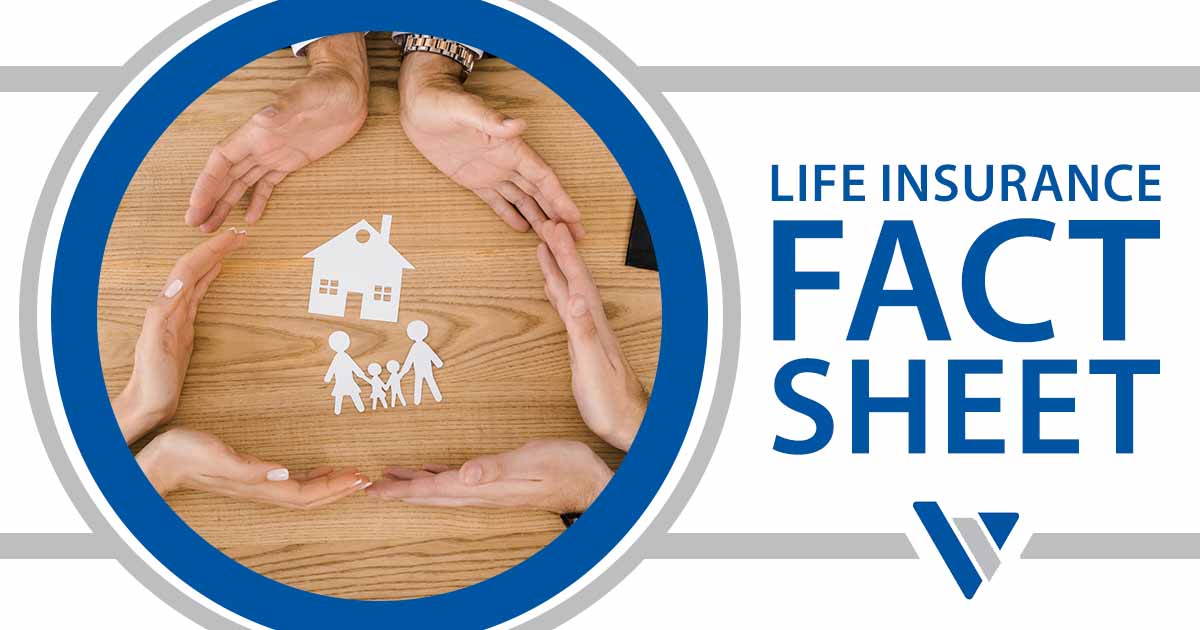I am sharing with you some of the information the Life Insurance Marketing and Research...


By now, many Americans have felt the economic fallout from COVID-19 in one way or another. The pandemic has left a lasting economic impact that many people are still struggling with. As the country moves towards normalcy, it’s a good idea to check on your finances and adjust your financial plan and goals.
A fair number of Americans are still reeling from the consequences of the coronavirus outbreak. This isn’t surprising considering the changes the U.S. economy has experienced. However, whatever your financial situation, there are things you can do to start working toward a more secure financial future.
The first thing you want to do is examine your budget. If every dollar is dedicated to bills, then you may need to look at where you can cut back. Even when it seems as though you’re at your limit, there may be ways you can stretch your income. If you’re able to save a few dollars here and there it can really add up over time. We aren’t suggesting you eliminate everything unnecessary from your life, but instead, enjoy things in moderation. This looks different for every family and only you can decide what you want to cut or keep.
It isn’t unusual for a family to have to break into their emergency fund over the past few years. If the pandemic taught us anything, it’s how quickly our finances can change. Having money stashed away for a rainy day is important. It’s best to have it in a savings account where it can grow interest. If the financial impact of the coronavirus taught us anything it’s that it’s a good idea to have enough savings to cover at least 9 to 12 months of expenses. While this may seem like a lot, you can always start with a smaller goal. Start with saving up a single month of expenses then work that up to two or three months. If something happens and you have to dig into that money, replace it as you can. Having that money set aside as a safety net will give you peace of mind should we face uncertainty again in the future. You can also think of your savings as another bill on the list. This means choosing a set amount and paying it into your savings every single month without fail. If you have extra, you can add it to help you reach your goal a little faster.
It’s important to keep your debt to a minimum and only use debt when it makes financial sense. It may help to reframe how you think about debt. Understand that buying something on credit is effectively spending future income. Not only that, but you’re paying a premium to do so. Buying something on sale now, when you don’t have the money, may not actually save you anything if you have to pay six months of interest on the purchase. Be mindful of interest rates and fees associated with using credit. While it is sometimes hard to avoid debt, you can work on being more mindful of when you use credit.
Minding your debt will also help when it comes to the health of your credit score. Better credit means lower interest rates, better financing opportunities, and even lower insurance rates. Your credit score matters when it comes to those big-ticket purchases. In addition, keeping an eye on your credit score allows you to see any fraudulent activity sooner.
Many people experienced income changes during the global pandemic. It’s important to review your taxes with these significant changes to make the appropriate changes to your withholdings. This is also a good time to begin gathering receipts and other documentation in preparation to file your taxes. Gathering these items now prevents the stress that accompanies not being prepared.
If you’ve reached your emergency savings goal and have money left over then you may want to consider contributing additional funds to retirement. If you’re unsure of where to contribute, then begin by making sure you’re maxing out any retirement matching options through your employers. If you’re already doing that then you may want to work with a financial-planning team or a financial advisor to see how else you can contribute to your retirement.
Some people plan for early retirement, others choose to focus on estate planning. If you’re unsure of how to approach your financial goals, then consider speaking with someone in the financial planning or advising industry. Having a financial plan is a great way to stay on track with your goals. It’s not uncommon for people to think that financial planning is only for upper-income adults, however, this isn’t the case. Planning isn’t based on your personal finances. Many of our clients have a variety of incomes, benefits, insurance, and more. Creating a plan takes your goals into consideration to create a realistic path forward when it comes to your personal wealth in the current economy.
Everyone can benefit from professional guidance no matter their financial situation. While COVID-19 changed things for many adults, there is a way to move forward through these challenging times. Virtus Wealth Management offers more than just investment advice. Our clients benefit from our team’s holistic approach to coordinating and unifying all financial decisions they face. This unique approach uses complementary decisions to produce enhanced results.
The opinions voiced in this material are for general information only and are not intended to provide specific advice or recommendations for any individual.